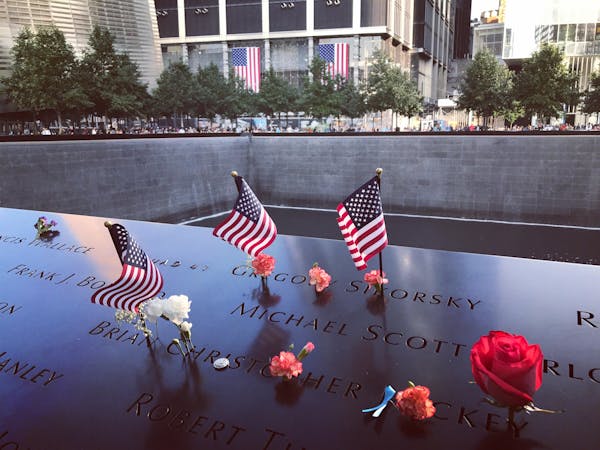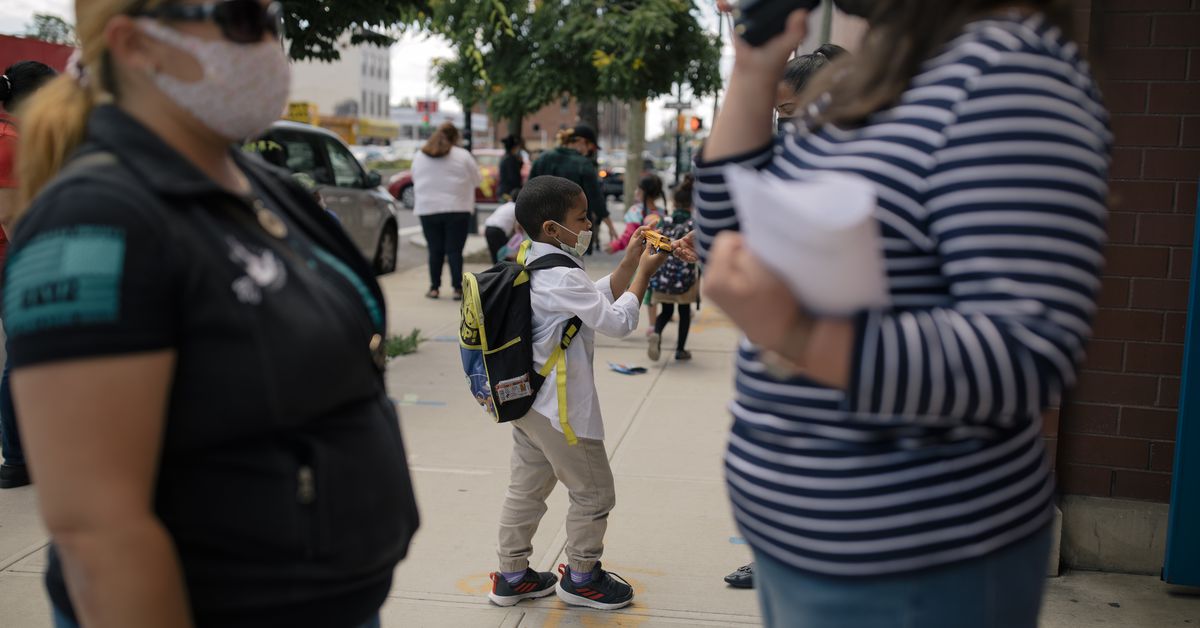Black History Month: Students say education on race issues key | Education
Editor’s note: This is the final story in a Black History Month series on the intersection between education and equality.
It’s not uncommon for Longview high school seniors Aretha Raibon, Jia Lewis and Najah Jackson to look around their advanced classes and realize they’re the only Black students in the room.
“It’s harder for me because I had to show myself, I had to present myself like, ‘Hey, I’m going to do this’ because I feel like people of color, Blacks and Hispanics, have to do that,” said Jackson, who attends Spring Hill High School. “I wouldn’t say that it’s a motivational problem, because it’s not. It’s that we have to work 10-times harder.”
She said just because all students have the same choices doesn’t mean it isn’t harder for people of color.
“It’s just how the system and the mindset is, and a lot of people could fight me and argue about that, but being in my shoes, I see it every day,” Jackson said.
Raibon, who goes to Pine Tree High School, said she believes white students are pressured more to take advanced classes, but students of color should break barriers and enroll in the harder classes.
Raibon’s classmate, Lewis, said she tries to encourage students of color to take Advanced Placement or dual-credit classes.
They also say Black students deal with other issues of race in their schools.
“It’s the side comments that people make,” Lewis said. “To them, you may think you’re making a slick joke, but it’s not a slick joke, and I feel like we should be educating each other instead of finding ways to hate each other.
“I’ve been called a ‘jigaboo,’ and the girl’s just like looking at me and was like, ‘Why don’t you think that’s funny?’ And like no, you don’t know the history behind the word that shouldn’t be coming out of your mouth in the first place.”
But Lewis fights those issues with education, she said.
“It’s more about educating one another, and if we can educate one another more instead of causing more tension and getting into more fights and getting into more arguments, I think the situation should be taken more seriously,” she said. “There has been situations where someone will use a derogatory term, and saying it to another person where it will kind of be brushed off the shoulder.”
Jackson is the first Black drill team captain at Spring Hill, and when the News-Journal wanted to write a story about it, she ran into issues with her instructor. The instructor claimed a story about Jackson would make it seem as though she was only chosen as captain because of her race.
“I had told my family, and they were so excited,” she said. “I came up here during the summer to help my director with something. I remember she was so mad at me. She wouldn’t talk to me. She stormed up to my Dad, and she yelled at my Dad. She said, ‘That’s racist, that’s uncalled for. She didn’t make it because she’s Black. She made it because she’s a good dancer.’ And my Dad tried to tell her that’s not we’re saying.
“She didn’t take it as that, she took it was we were being racist,” Jackson said. “ And I took it and said, ‘God, if it’s Your will, I will get a chance to tell my story.’ That’s another example of just not understanding someone else’s shoes.”
Raibon said she believes school staff training on dealing with racism and student organizations for people of color can help improve the experiences of Black students.
“Most of the time, it’s the students. When me and Jia were running for student council, they were like, ‘Why is everybody all Black that’s on the student council board? I’m going to impeach them,’ and all this other stuff. They were having problems with us just because we’re Black,” Raibon said. “The other day this one kid had a Confederate flag hat in my class on, and he was trying to educate me on why it’s his heritage. And I was like, ‘It’s not heritage, you’re just being racist,’ and I had to educate him on why that’s not OK. It was brushed off by my teacher.”
All three young women said they feel a responsibility to educate, break barriers and help other students of color.
“Not only trying to do that but work and go to school, it puts a lot on your shoulders when people are looking to you to do something, especially during Black History Month,” Lewis said. “As long as what you’re doing is from your heart and you know that this is something you desire to do, to me it just kind of flows over. I get it — I’m not perfect but I will try my hardest to educate. Doing things like that carries a lot of pressure, but it’s not going to stop me from doing what I’m doing.”
Becoming Spring Hill’s first Black drill team captain was a goal Jackson had since her freshman year to help break those barriers.
“I remember my freshman year, the seniors would try it, and they wouldn’t make it, and they felt like they were being robbed because they were like, ‘I don’t understand, it’s never happened, it’s never going to happen,’ and I was like. I want to be the first person,” she said. “I feel like that’s the mindset a lot of students have, ‘Oh, that hasn’t been done, oh, my race hasn’t done that,’ and it shouldn’t be about the race — it should be about your heart.”







